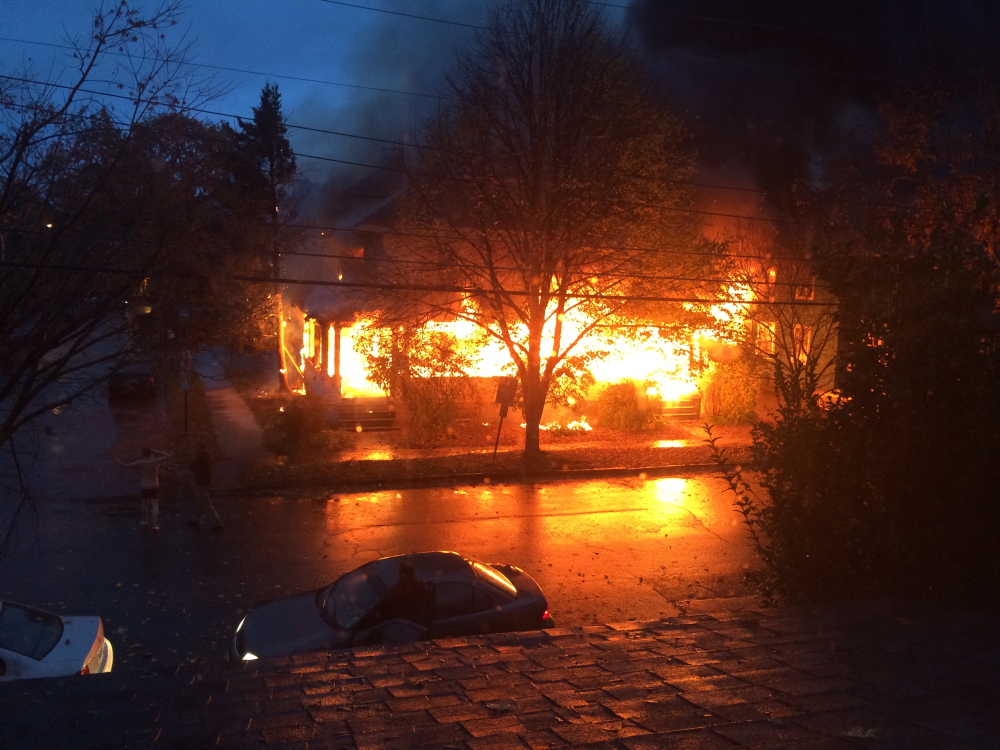The City Council’s Public Safety, Health and Human Services Committee on Tuesday will take up a task force’s recommendations for improving the city’s housing inspection program. The panel could vote to recommend changes to the full council.
Here are some of the top recommendations:
• Create a new housing safety office to coordinate inspections between different city departments and to focus inspections on high-risk buildings, including two-unit buildings, which make up most of the city’s rental stock. That recommendation, estimated to cost roughly $400,000, may face some political resistance because the city is facing a $5.2 million budget gap as a result of proposed state budget changes.
The new office would include a director, three inspectors and an administrative aide. New staff would be in addition to existing positions: one code enforcement inspector who follows up on complaints and two Fire Department members who follow up in enforcement cases.
City Councilor Edward Suslovic, who chairs the public safety committee and serves on the Finance Committee, has already indicated that requests for new spending would be a hard sell. However, the task force believes that new fees to be paid by property owners could cover the program costs.
• Create a new database to help city officials keep track of property violations so they can follow up with appropriate enforcement actions and to allow the city to post inspections records online for renters and others to see. The database would assign a risk factor to each building based on the age, construction type, use, location, complaint history and other factors, to prioritize inspections.
• Enforce a 1989 ordinance that requires landlords to register their rental units with the city so officials know whom to contact with problems. It’s common for commercial real estate to be owned by a limited liability company, which can conceal the true owner.
• Charge landlords a fee to register their units. On Thursday, the group agreed that landlords should pay $20 per unit.
• Use private contractors to conduct the Fire Department’s review of development plans to free up fire inspectors to check on older housing stock and follow up on problems. One fire official estimated that he spent 80 percent of his time reviewing development plans, rather than following up with known violations.
• Create a ticket-and-fine system for non-compliant landlords. It would replace the current system in which landlords are given 64 days to respond to the city’s notice of violations or face litigation. Landlords could challenge the tickets in court, or have them dismissed, if they correct the noted violations.
• Increase public education about the importance of basic fire safety, such as having working smoke detectors and keeping exits clear.
• Encourage landlords and tenants to sign contracts promising to maintain safe buildings, such as not disabling smoke detectors or blocking exits with furniture or debris.
Send questions/comments to the editors.




Comments are no longer available on this story